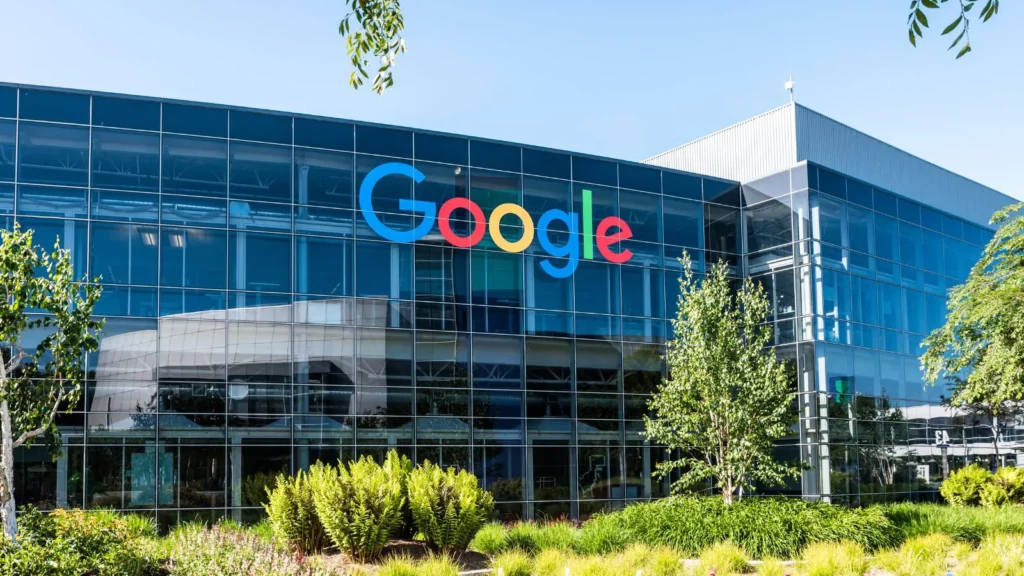Google is rolling out stricter advertising policies in response to a growing wave of fake business listings that have flooded search results and maps. The move follows increasing reports of fraudulent companies posing as legitimate local services, from locksmiths to home repair providers, to scam unsuspecting users out of money or personal data.
The new rules aim to restore trust in verified businesses, protect consumers from scams, and ensure advertisers follow clear identity verification processes before they appear on Google Ads or Google Business Profiles.
Why Google Is Cracking Down

Over the past few years, fake listings have become a serious issue. Scammers realized that Google’s local business ecosystem, especially Google Maps, was an easy way to gain visibility fast.
They would create listings for nonexistent companies, use fake reviews to boost credibility, and then redirect calls or clicks to real businesses that paid for leads or to outright scams.
Small businesses were the most affected. Honest local service providers found themselves buried under fake competitors who could undercut them, manipulate reviews, or disappear after taking deposits. For users, it became increasingly difficult to tell which listings were genuine.
Many digital marketers now rely on tools like the word counter to fine-tune ad copy before submitting it for Google’s new verification process.
By tightening its advertising and verification standards, Google is addressing multiple problems at once:
- Preventing unverified companies from running ads that misrepresent who they are
- Requiring more consistent identity checks across all advertisers, including small and regional ones
- Adding stricter review and suspension policies for accounts caught manipulating location data or reviews
The focus isn’t only on large advertisers. Google’s policy updates are meant to protect the credibility of its entire search ecosystem: from one-person repair services to nationwide chains.
What Advertisers Need to Know
For legitimate advertisers, the biggest change lies in verification and documentation. Google now requires clearer proof of business authenticity, including:
|
Verification Step |
Description |
| Business Identity Verification | Businesses must submit legal documentation such as business registration or tax information to confirm authenticity. |
| Location Verification | Physical locations must be verified via mail or official business correspondence to prevent fake addresses. |
| Advertiser Transparency | Publicly displayed information (like names or domains) must match verified business data. |
Some industries, especially those prone to scams, like locksmiths, moving services, or financial advisors, will face extra screening. Google will also monitor ad copy and landing pages more closely for misleading claims or fake contact details.
Advertisers who fail to comply risk losing access to their accounts until they provide valid verification. Repeat offenders could face permanent bans across all Google advertising services.
How It Affects Local Businesses

For legitimate businesses, the policy update may seem like another layer of bureaucracy at first. But it’s ultimately meant to protect them. When the marketplace is flooded with fake listings, real businesses lose credibility through no fault of their own.
With stricter verification, local advertisers gain an opportunity to stand out. Verified listings signal authenticity and build user trust. Customers are more likely to click or call a verified business than one that looks suspicious or lacks transparency.
Small business owners should:
- Keep their business registration documents up to date
- Make sure their Google Business Profile matches official business information exactly
- Regularly monitor reviews and report suspicious ones
- Review ad copy and ensure it accurately reflects their services and location
These steps help prevent account suspensions and maintain visibility in Google’s results.
The Broader Impact on Advertising
Google’s tightening of rules reflects a broader trend across digital advertising platforms. Identity verification and advertiser transparency are becoming the new normal. Meta, TikTok, and LinkedIn have also introduced stricter measures to curb misinformation and fraud.
In Google’s case, the challenge lies in balancing openness with safety. The platform’s power lies in accessibility, meaning anyone can promote a business and reach customers instantly. But openness also attracts bad actors. The new approach aims to preserve that openness while filtering out manipulation.
For everyday users, the change means fewer fake listings cluttering search results and a safer experience when searching for local services. For advertisers, it’s a push toward accountability.







